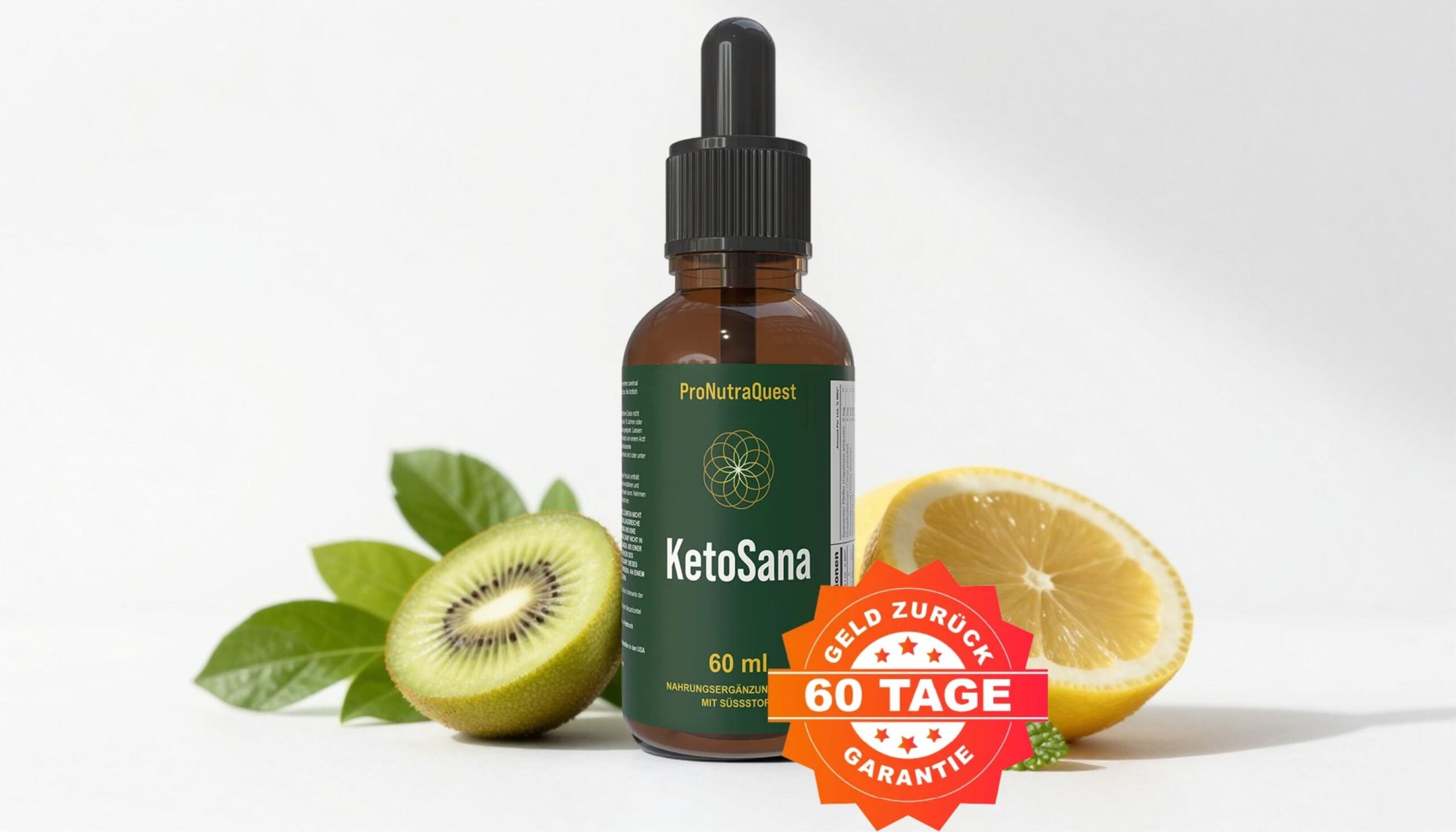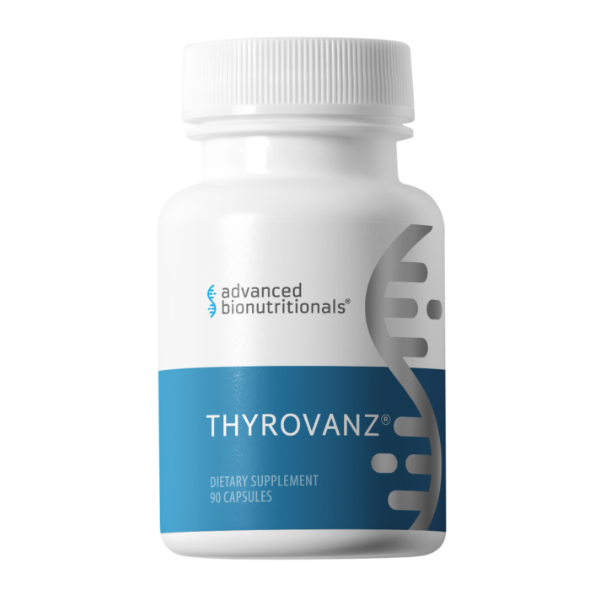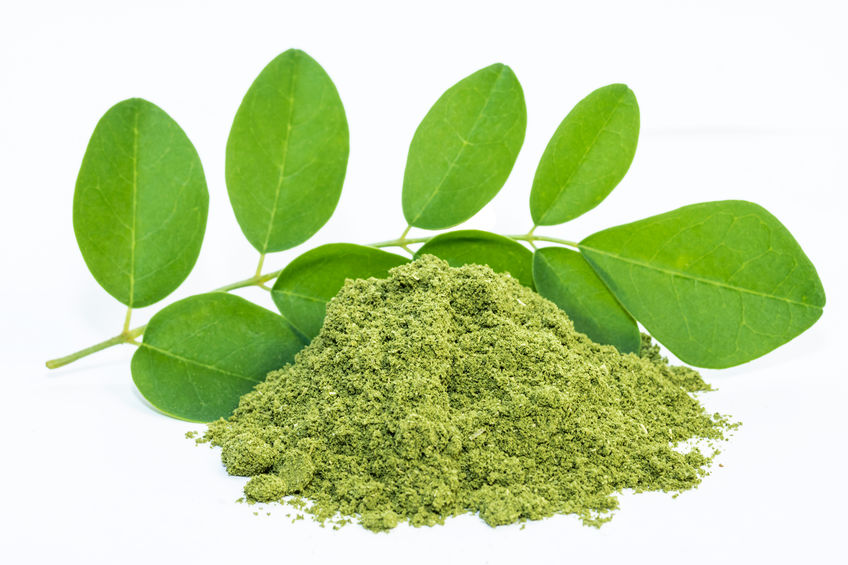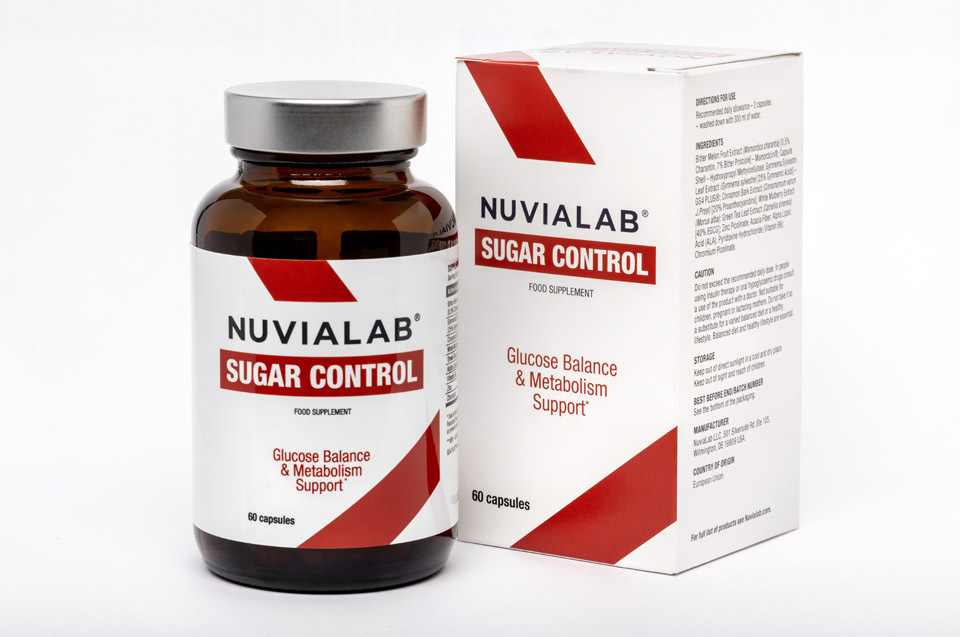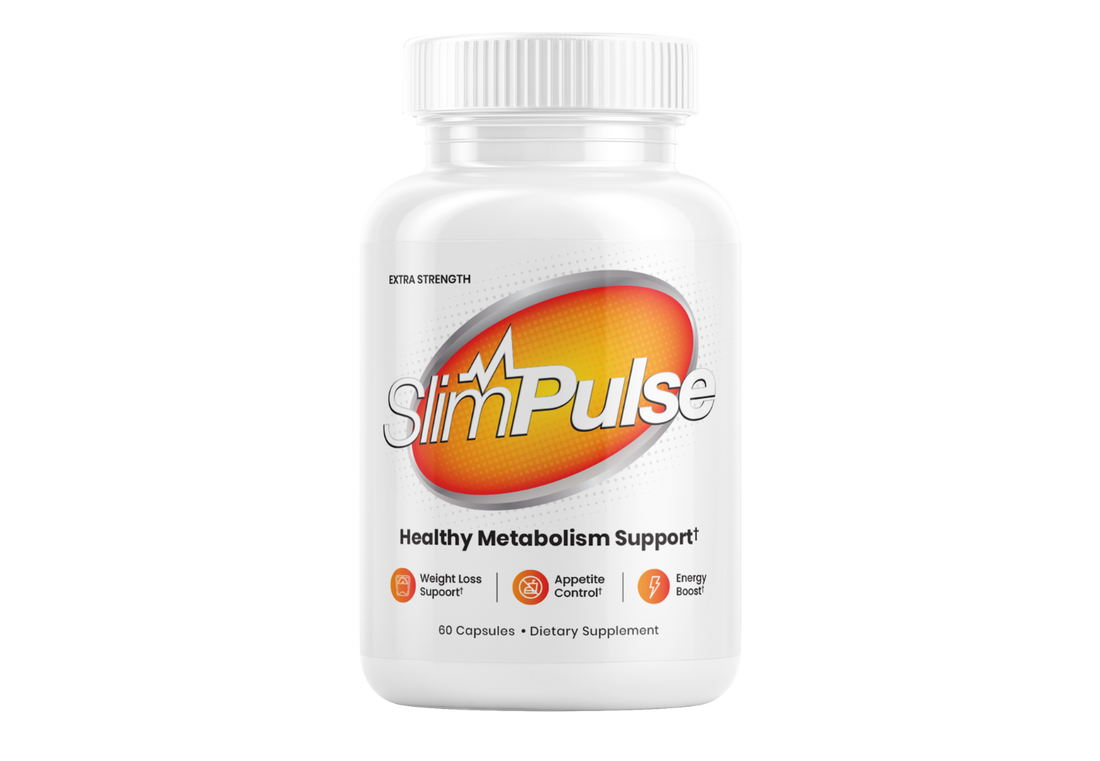Collagen is the most common protein in our bodies. It’s key for many bodily functions, including keeping our brains healthy. Studies now show that collagen, especially collagen VI, can shield brain cells from amyloid-beta proteins. These proteins are thought to cause Alzheimer’s disease.
Collagen also has a lot of glycine, an amino acid our bodies don’t need but is crucial for brain health. Research points to glycine’s role in boosting brain function and helping us sleep better.
Key Takeaways
- Collagen supplements can support brain health by protecting brain cells and improving cognitive function.
- Collagen VI has been shown to protect brain cells against Alzheimer’s-associated amyloid-beta proteins.
- Glycine, a non-essential amino acid found in collagen, can enhance cognitive performance and sleep quality.
- Collagen-based supplements may offer neuroprotective and anti-inflammatory benefits for the brain.
- Incorporating collagen into your diet can provide a range of health benefits, including improved brain function.
Introduction to Collagen Supplements
Collagen is a key protein in our bodies. It keeps our skin, joints, bones, and muscles healthy and strong. As we get older, our bodies make less collagen. This can lead to signs of aging and health issues.
That’s why many people take collagen supplements. These supplements help boost our collagen levels. They offer many health benefits.
Understanding the Role of Collagen in the Body
Collagen is the most common protein in our bodies. It gives structure, strength, and flexibility to our tissues. It’s a big part of connective tissues like skin, tendons, and ligaments.
Collagen also helps keep our bones strong. It’s crucial for bone health. Plus, it keeps our skin looking young and elastic.
The Benefits of Collagen Supplements for Overall Health
Collagen supplements can improve our health in many ways. They can make our skin look better, ease joint pain, and help our bones stay strong. Studies show they can reduce wrinkles, make skin more hydrated, and improve its elasticity.
They can also lessen joint pain and make moving easier. Plus, they might lower the risk of osteoporosis by making bones denser.
Collagen and Brain Health
New studies show that collagen, especially collagen VI, might protect brain cells from amyloid-beta proteins. These proteins are thought to cause Alzheimer’s disease. Early research is promising, making collagen supplements interesting for brain health and fighting Alzheimer’s and other brain diseases.
The Link between Collagen and Alzheimer’s Disease
Amyloid-beta proteins form plaques in Alzheimer’s brains and are key to the disease. Collagen, especially type VI, might stop these proteins from clumping together. This could help protect the brain and lower Alzheimer’s risk.
Researchers are still figuring out how collagen works against amyloid-beta. But its structure and how it interacts with these proteins could be important. As studies go on, collagen supplements might play a big part in keeping the brain healthy and preventing diseases like Alzheimer’s.
Glycine: The Brain-Boosting Amino Acid in Collagen
Collagen is the body’s most common protein, made up of about one-third glycine. This amino acid is key for brain health. Studies show it can boost brain function and help with sleep.
Glycine is also linked to better sleep and may help people with schizophrenia. It could improve their symptoms, both positive and negative ones.
Glycine is vital for making creatine, which gives energy to the brain and helps with memory. It also helps make glutathione, a strong antioxidant that protects cells. Plus, it’s important for making collagen, which keeps skin, hair, and nails healthy.
Taking glycine before bed can make sleep better, which helps with memory and brain health. It can also help with memory, daily thinking skills, and protect the liver from harm.
Eating collagen-rich foods or taking collagen supplements can boost glycine levels. This is good for the brain and thinking skills. IV drip infusions can also give you glycine and other nutrients right away for better brain health.
collagen supplements that are useful for brain health
Research is ongoing, but studies hint that collagen supplements could boost brain health. They might help with thinking, memory, focus, and concentration. These supplements could also protect the brain from diseases like Alzheimer’s.
Collagen is full of glycine, an amino acid key for brain health. Glycine can fix liver damage and support brain function. Proline in collagen helps clear fat from arteries, which is good for the brain.
Ancient Nutrition’s Multi Collagen Protein Capsules Brain Boost is a great example. It mixes 10 collagen types with Brain Boost Blend ingredients. These include ashwagandha root, lion’s mane mushroom, ginkgo leaves, and bacopa brahmi leaves. All these support brain health.
Choosing a quality collagen supplement is key for brain health. Adding collagen supplements to your diet might help keep your brain healthy and sharp.
Anti-Aging Benefits of Collagen Supplements
Collagen supplements are known for their amazing anti-aging effects, especially for skin health. A study showed that women taking 2.5 grams of hydrolyzed collagen daily saw a 20% drop in wrinkle depth after 8 weeks. They also saw a 65% boost in pre-collagen, the key to making collagen in the body.
Collagen is the main protein in our bodies, found in many tissues like skin, bones, and muscles. As we get older, our collagen levels drop, which can hurt joint health, muscle strength, and how our skin looks. But collagen supplements can help fight aging by making skin more elastic, reducing wrinkles, and supporting bones and joints.
Studies suggest that taking 2.5–10 grams of collagen daily for 6 months can make skin more hydrated, elastic, and full of collagen in older people. These supplements are safe and don’t have bad side effects. So, they’re a good choice for anyone wanting to look younger and stay healthy.
Collagen for Digestive Health
Collagen is the most common protein in our bodies. It’s now being looked at for its benefits beyond skin and joint health. Research shows collagen supplements could help with digestive health, especially for those with irritable bowel syndrome (IBS) and leaky gut syndrome.
Healing Leaky Gut and Supporting Intestinal Lining
People with inflammatory bowel diseases like Crohn’s disease and ulcerative colitis often have less type IV collagen. This collagen is key for a healthy digestive tract. Collagen supplements might help heal and repair the gut lining, easing symptoms.
Collagen can make the gut lining stronger and lower leaky gut issues. This is great for those with digestive disorders. A stronger lining stops toxins, undigested food, and bad bacteria from getting into the bloodstream. This can reduce inflammation and worsen digestive problems.

The glycine in collagen also has anti-inflammatory effects. This makes it a good choice for people with inflammatory bowel disease. It can lessen inflammation and support the gut lining. This could be a natural way to handle symptoms of these tough conditions.
Liver Support from Collagen Supplements
Collagen is a key protein in our bodies that helps support liver health. It’s rich in glycine, which is important for the liver. Studies show that glycine helps the liver process toxins, like alcohol.
Glycine might even help fix liver damage from alcohol or other injuries. This makes collagen supplements a good choice for liver health.
Collagen supports the liver because it has lots of glycine. Glycine protects the liver from damage, especially from alcohol. By taking collagen, people can use glycine to keep their liver healthy and help it heal.
Adding collagen supplements to your daily routine can help your liver stay healthy. It’s a natural way to fight liver damage from alcohol or keep your liver working well.
Reducing Cellulite with Collagen
Cellulite affects about 90% of women and 10% of men. It shows up as dimpled, uneven skin. Many people feel self-conscious about it. But, collagen supplements might help make cellulite less noticeable.
A 2014 study showed that women with cellulite looked better after taking collagen supplements for six months. This means more collagen can make skin look better and less like it has cellulite.
Collagen is key for keeping skin elastic and firm. When we get older, making less collagen leads to less elasticity and more cellulite. Taking collagen supplements could help keep skin looking good and reduce cellulite.
A study on plus size women found collagen supplements helped, even if not as much as in normal-weight women. They saw better skin texture and density. This means collagen supplements could help people of all body types.
In summary, collagen supplements look promising for fighting cellulite. They help with the skin’s structure and texture. This could be a natural way to make skin look better and feel smoother.
Cardiovascular Benefits of Collagen
Collagen is the most common protein in our bodies. It’s key for keeping skin elastic and joints healthy. It also helps our hearts stay healthy. Studies now show that collagen supplements can be good for our heart health.
Reducing Plaque Buildup and Improving Arterial Health
The amino acid proline in collagen helps clear fat from artery walls. This action reduces plaque buildup in the blood. Plaque buildup can lead to atherosclerosis, which makes arteries hard and narrow.
By making arteries healthier and stopping plaque from building up, collagen supplements could be great for heart health.
A 2023 review looked at 12 studies on collagen supplements and heart health. It found that hydrolyzed collagen supplements helped with blood pressure and cholesterol levels. This means collagen might help keep our hearts working well and lower heart disease risk.
Incorporating Collagen into Your Diet
Collagen is the most common protein in our bodies. It’s key for keeping our skin, joints, bones, and organs healthy. You can easily add collagen-rich foods to your meals to get its benefits.
Bone broth is a great way to get collagen. You can make it at home or buy it. It’s full of gelatin, which is a type of collagen. Foods like chicken skin, pork rinds, and fish skin also have a lot of collagen.
For a stronger collagen boost, consider collagen supplements. These supplements are easy for your body to use. They give you a lot of collagen protein. This is why many people take them for their skin, joint, and bone health.
Whether you get collagen from food or supplements, remember it needs other nutrients to work well. Things like vitamin C, zinc, and copper are important for making collagen. Adding foods rich in collagen and these nutrients to your diet helps your body make more collagen naturally.
Side Effects and Precautions
Collagen supplements are usually safe, but some people might see side effects. These can include nausea, bloating, or heartburn. If you’re allergic to foods like fish, shellfish, or eggs, be careful with collagen supplements.
People with a history of kidney stones should be cautious. Collagen has an amino acid that might increase the risk of kidney stones. Talk to your doctor before taking collagen if you’re worried about kidney stones.
Most collagen supplements are safe when used correctly. Still, it’s wise to talk to a healthcare professional before starting collagen supplements. This is especially true if you have health issues or are on other medications.
Sources of Collagen: Food vs Supplements
Collagen is the most common protein in our bodies. It’s vital for keeping our skin, joints, bones, and connective tissues healthy. While you can get collagen from food and supplements, vegetarians and vegans might find fewer food options.
Vegetarian and Vegan Alternatives to Animal-Based Collagen
Good food sources of collagen include gelatin, bone broth, and animal connective tissues. But these aren’t options for vegetarians and vegans. Luckily, there are other ways to get collagen on a plant-based diet. For example, collagen from genetically modified yeast and bacteria is available.
Plant-based diets rich in fruits, vegetables, and proteins can also help your body make collagen naturally.
For vegetarians and vegans, collagen supplements like collagen peptides or hydrolyzed collagen powder are another choice. You can add these to drinks, smoothies, soups, and sauces. But remember, the FDA doesn’t check collagen supplements for safety or effectiveness.

Choosing collagen from food or supplements is up to you. But eating a healthy, balanced diet is key to supporting your body’s collagen production and overall health.
Conclusion
This article shows that collagen supplements have many health benefits. They help with brain health, cognitive function, and more. The glycine in collagen may also protect the brain, making it a good choice for better health.
While we need more studies, what we know so far is promising. Adding collagen-rich foods or supplements to your diet can boost your health. It may help with brain function, reduce inflammation, and improve physical and mental health.
As we learn more about collagen, its benefits for health are clear. It’s a protein with a lot of potential for wellness. By making smart choices and talking to health experts, people can see how collagen supplements can help them.
FAQ
What are the potential benefits of collagen supplements for brain health?
How can collagen supplements support overall health?
What is the relationship between collagen and Alzheimer’s disease?
How does the glycine in collagen benefit brain health?
What are some specific collagen supplements that can support brain health?
What are the anti-aging benefits of collagen supplements?
How can collagen supplements support digestive health?
What are the potential benefits of collagen for liver health?
Can collagen supplements help reduce the appearance of cellulite?
How can collagen support cardiovascular health?
What are the main sources of collagen, and how can it be incorporated into the diet?
Are there any side effects or precautions to be aware of when taking collagen supplements?
What are some options for vegetarians and vegans to obtain collagen-like benefits?
Source Links
- Top 8 Benefits of Collagen
- We Researched Dozens of Collagen Supplements and Tested Top Contenders to Find the Best Ones
- Multi Collagen Protein Brain Boost – Ancient Nutrition
- Effects of Collagen Hydrolysates on Human Brain Structure and Cognitive Function: A Pilot Clinical Study
- Collagen & Brain Health: Unraveling the Connection
- Collagen for brain repair: therapeutic perspectives
- Collagen mental health benefits – Kollo Health
- COLLAGEN PEPTIDES: Overview, Uses, Side Effects, Precautions, Interactions, Dosing and Reviews
- Collagen in the central nervous system: contributions to neurodegeneration and promise as a therapeutic target – Molecular Neurodegeneration
- The Surprising Connection Between Collagen and Mental Health
- The Brain Boost Guide: How Collagen, Creatine, and Electrolytes Work T
- 7 Best Memory Supplements for Focus and Clarity
- Molecular neuro-biological and systemic health benefits of achieving dopamine homeostasis in the face of a catastrophic pandemic (COVID- 19): A mechanistic exploration
- Neuro Nutrient Support Healthy Brain Function (60 Tablets)
- Smart Collagen
- Collagen May Help Protect Brain Against Alzheimer’s Disease
- Collagen supplements: Benefits, safety, and effects
- 8 Benefits of Collagen
- Collagen peptide supplementation before bedtime reduces sleep fragmentation and improves cognitive function in physically active males with sleep complaints – European Journal of Nutrition
- Collagen peptides supplementation improves function, pain, and physical and mental outcomes in active adults
- aminomind® nootropic collagen
- Ancient Nutrition – Dietary Supplements & Vitamins
- Pharmacological Functions, Synthesis, and Delivery Progress for Collagen as Biodrug and Biomaterial
- Ancient Nutrition Multi Collagen Protein Capsules Brain Boost | The Healthy Place
- COLLAGEN TYPE II (NATIVE): Overview, Uses, Side Effects, Precautions, Interactions, Dosing and Reviews
- Do Collagen Peptides Actually Work?
- How Much Collagen Should You Take per Day?
- Ancient Nutrition Multi Collagen Protein Capsules Brain Boost | The Healthy Place
- The Brain Boost Guide: How Collagen, Creatine, and Electrolytes Work T
- Q&A: Is Collagen Good for Brain Health? Alzheimer’s? Neurological Degeneration? – Collagen College™
- The Surprising Connection Between Collagen and Mental Health
- Collagen and Your Brain: What You Need to Know
- Collagen Powder’s Role in Enhancing Mental Well-Being: What You Need to Know
Affiliate Disclosure
The links contained in this article may result in a small commission to us if you opt to purchase the products recommended at no additional cost to you. This goes towards supporting our research and editorial activities so that we can only provide informed advice.
Disclaimer
Please understand that any advice or guidelines revealed in this article are not in any way a substitute for sound medical advice from a licensed healthcare provider. Make sure to consult with a professional physician before using any of the advice provided here, especially if you use medications or have concerns following the advice shared in this article. Individual results may vary. The products recommended in this article are not intended to diagnose, treat, cure, or prevent any disease.

